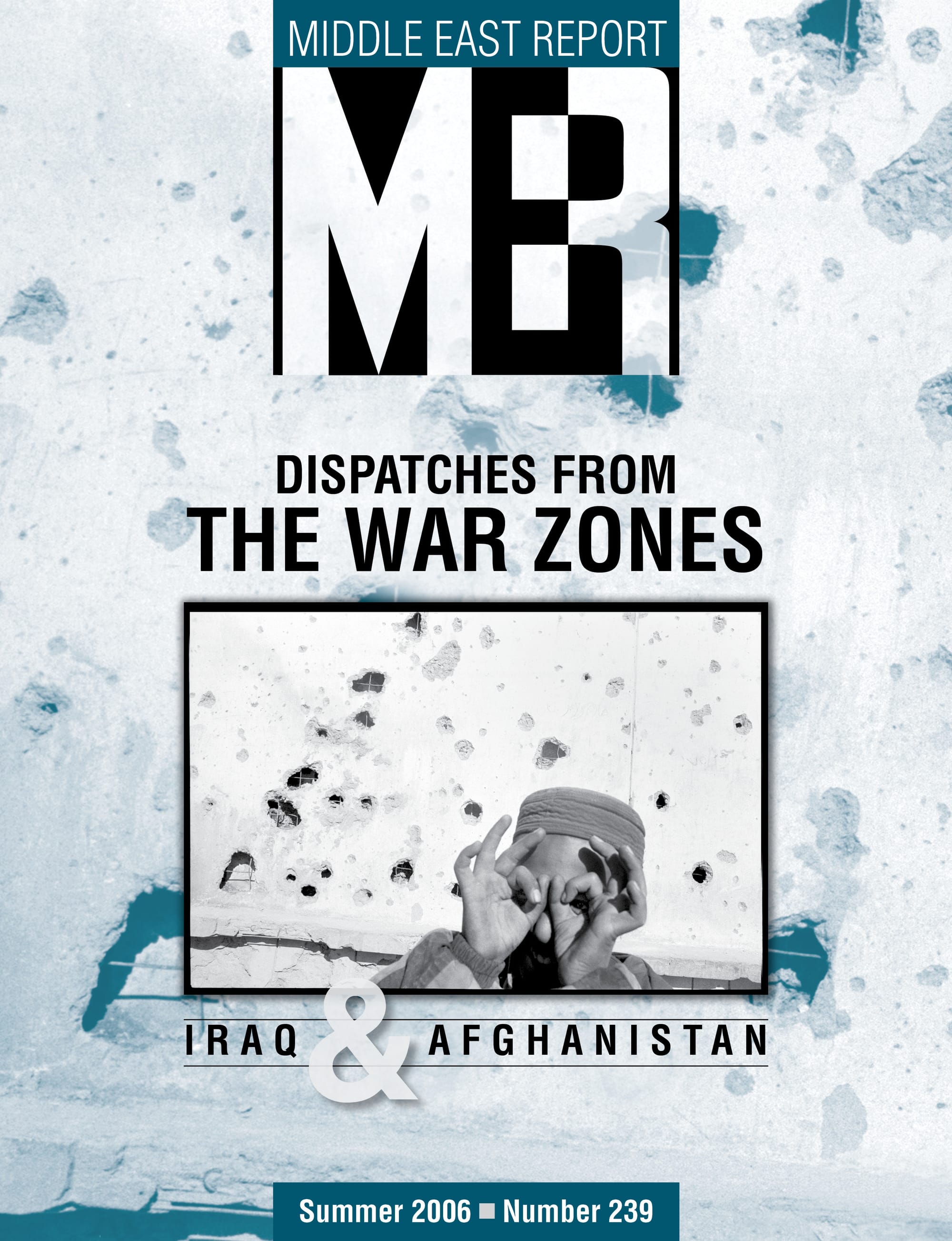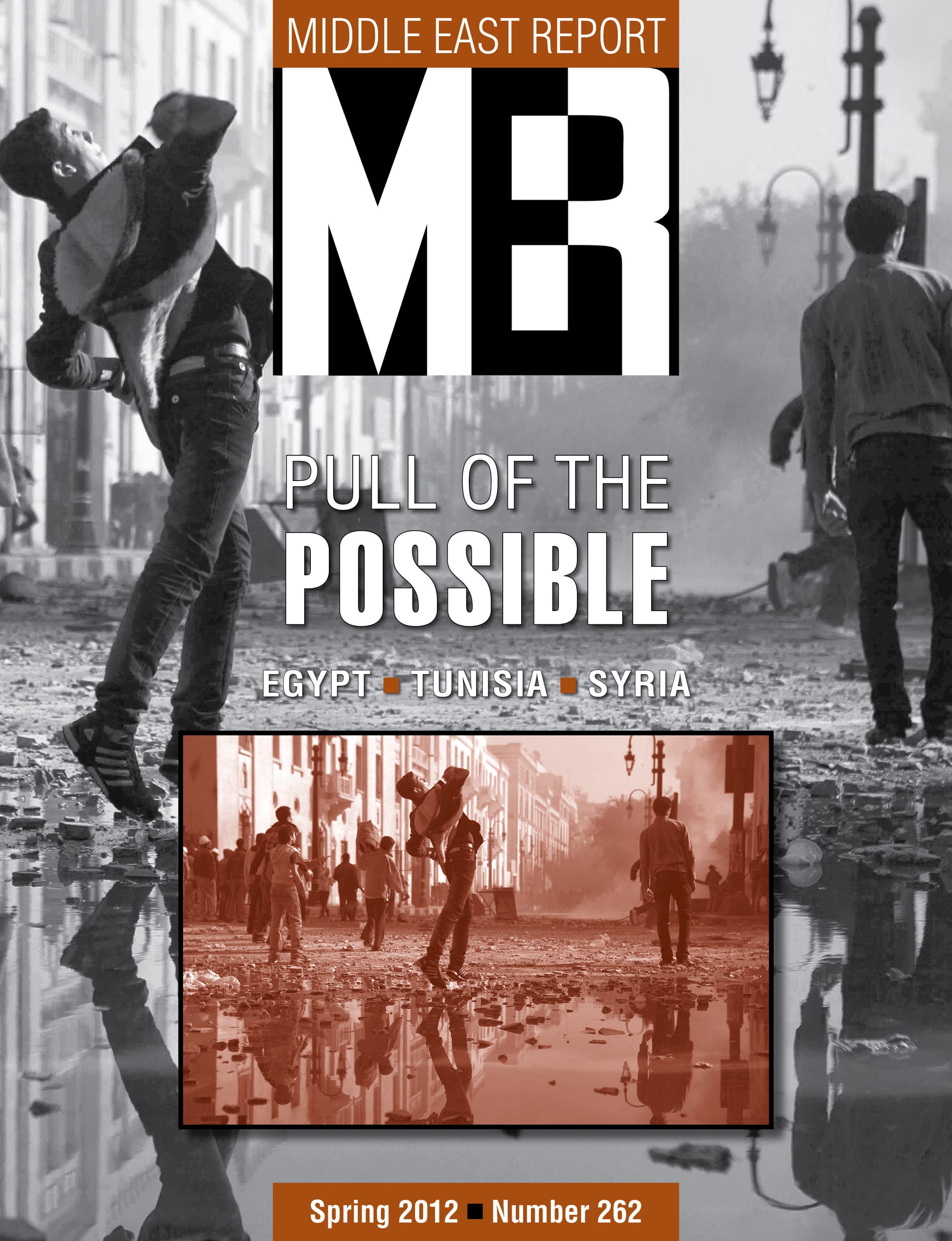MERIP’s Place in the Political and Media Landscape — An interview with Joe Stork and Chris Toensing
Joe Stork is one of the founders of MERIP and served as the editor of Middle East Report until 1995. He went on to be deputy director of Human Rights Watch's Middle East and North Africa division. Chris Toensing was executive director of MERIP and editor of Middle East Report from 2000 to 2017 and s












